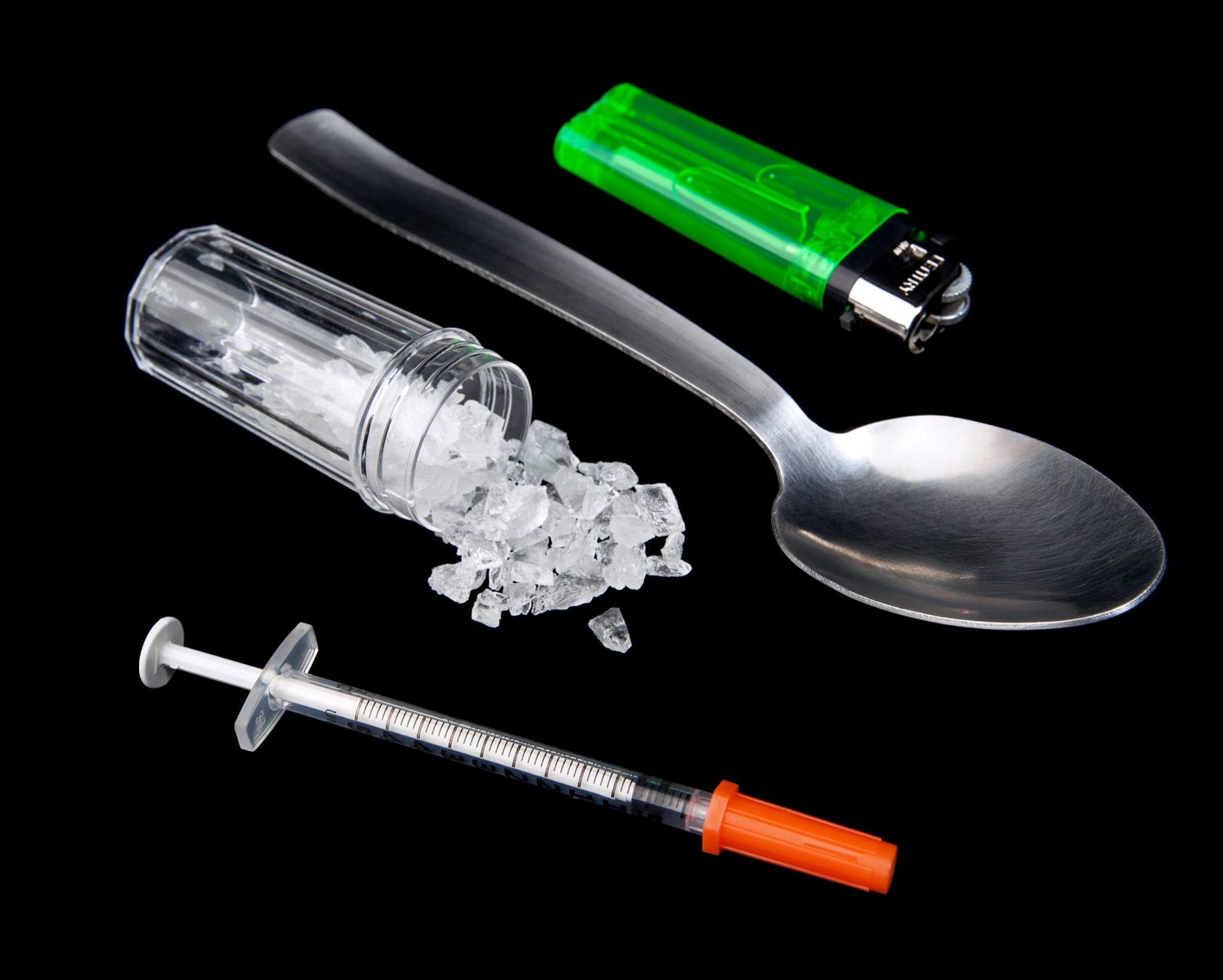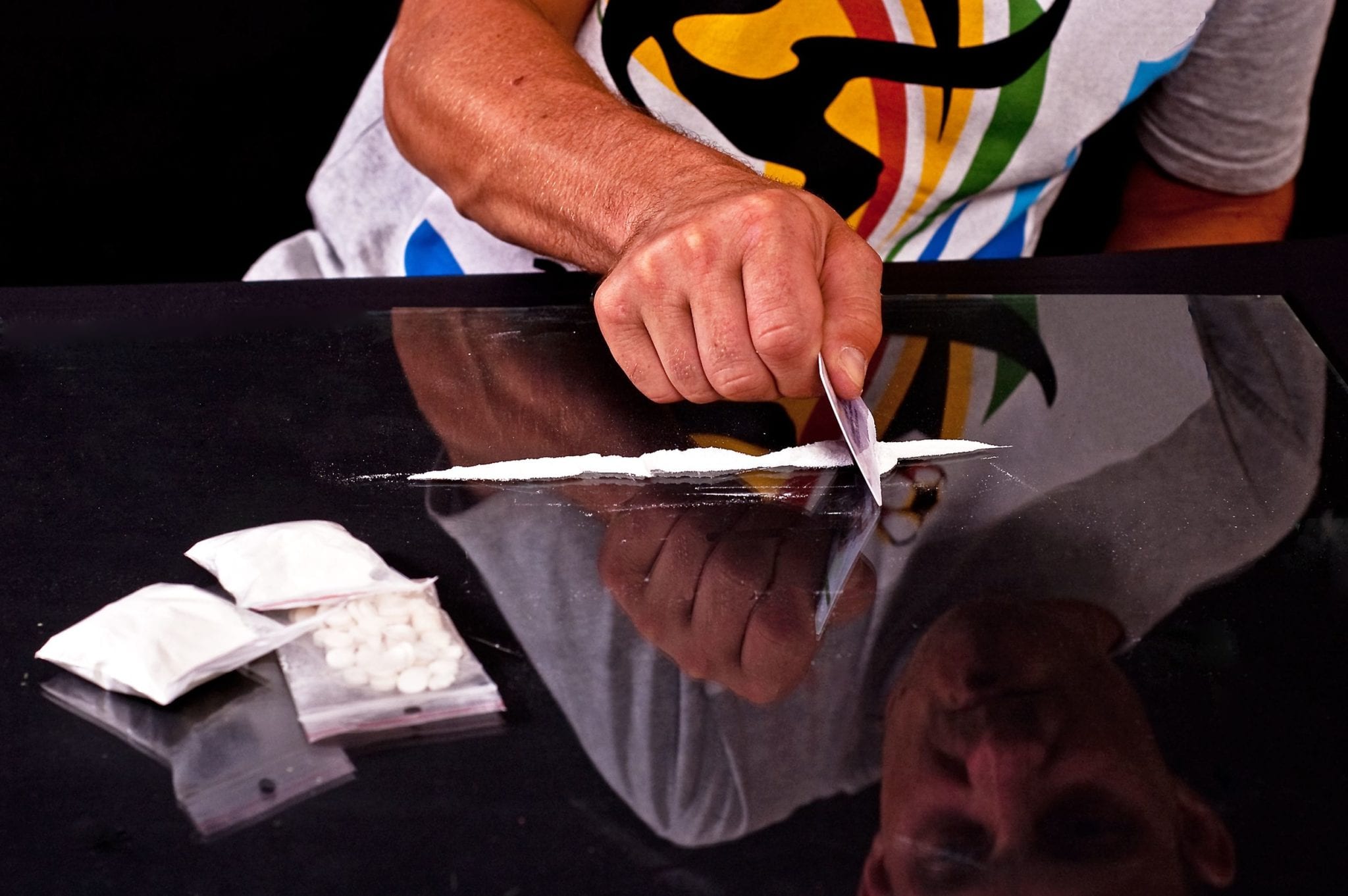
Oil was first discovered in Texas in the early 1900s. The industry it created has influenced and shape the state’s economy ever since. Boon to bust, or bust to boon.
Since 1920, the Permian Basin in West Texas has produced over 30 billion barrels of oil. It provides more than 20 percent of our country’s crude oil production. It’s the second largest oil field in the world, with the largest Ghawar in Saudi Arabia.
When the oil industry is percolating, there is an increased flow of money into economy as has been the case in recent years in West Texas. But good economies, whether fueled by petroleum or high tech industries, increased both the use and dependence on illicit drugs.
According to law enforcement officials, “drug trafficking, drug abuse and drug-related crimes have spiked” parallel the West Texas oil energy boom leading to a host of adverse social consequences in region.
Oil Workers and Drugs
Oil field workers and truckers have been using and abusing drugs for years in order to work extremely long hours without sleep, pushing “themselves to their physical limits.”
Workers were able to pass drug tests because they were either given ample notice to cleanse their systems or they simply knew how to beat the test. One worker even claims that the oil companies don’t mind their employees using drugs as long as “you’re not doing stupid things.”
Drugs have found their way into the Permian Basin for a number of reasons: the oil boom, people are bored, people have money to spend and, being in such a remote location, people are willing to spend more on drugs.
So not only is there a high demand, but there is also the money to support the demand.

Opioids, cocaine, and marijuana are easy to find in the region, but West Texas’ drug of choice is methamphetamine, also known as crystal meth. Meth is a strong stimulant that keeps workers awake and is readily supplied by the nearby Mexican drug cartels.
The Texas Department of Public Safety and Baker Hughes, a Houston oil field services company, “found a strong correlation between the rise of drilling activity and the number of crystal meth seizures in the area surrounding the Permian Basin. Between 2009 and 2016, as oil companies dispatched more rigs into West Texas, the number of meth seizures rose sharply.”
The DEA has seized 2,200 pounds of meth in the region since October 2015. This is triple the amount confiscated from the two-year period between 2011 and 2013. In 2016, the DEA seized 66 pounds of meth around Midland compared to only 11 pounds in 2012.
In other words, oil and meth are currently booming.
This boom, though, is making it difficult for oil companies to find workers after the recent downturn forced numerous layoffs. Many job applicants from West Texas fail their drug tests, and companies have to find workers in different areas and relocate them to West Texas.
However, despite the prevalence of drugs in the Permian Basin’s oil fields, drugs are still illegal in the state of Texas.
Texas Drug Laws
Texas divides controlled substances into different penalty groups and, depending on the group and the amount of the drug in question, you can be charged with a misdemeanor or felony drug crime.
Most of the drugs typically used by West Texas oil workers – meth, cocaine, heroin, and other opioids – are found in Penalty Group 1.
- Possessing less than 1 gram is a state jail felony punishable by 180 days to 2 years in jail.
- Possessing 1-4 grams is a third degree felony punishable by 2-10 years in jail.
- Possessing 4-200 grams is a second degree felony punishable by 2-20 years in jail.
- Possessing 200-400 grams is a first degree felony punishable by 5-99 years in jail
- Possessing more than 400 grams is an enhanced first degree felony punishable by 10-99 years.

The penalties for delivering or trafficking of drugs, like possession, increase as the amount of drug increases.
- Trafficking less than 1 gram is a state jail felony.
- Trafficking 1-4 grams is a second degree felony.
- Trafficking 4-200 grams is a first degree felony.
- Trafficking 200-400 grams is an enhanced first degree felony punishable by life imprisonment or a term of 10 to 99 years and up to a $100,000 fine;
- Trafficking more than 400 grams is an enhanced first degree felony punishable by life imprisonment or a term of 10 to 99 years and up to a $250,000 fine.
Regardless of whether there’s an influx of drugs or not, possessing, delivering, and trafficking drugs is a criminal offense. If you’ve been charged with a drug crime, contact an experienced Texas drug attorney to defend and fight for your rights.



